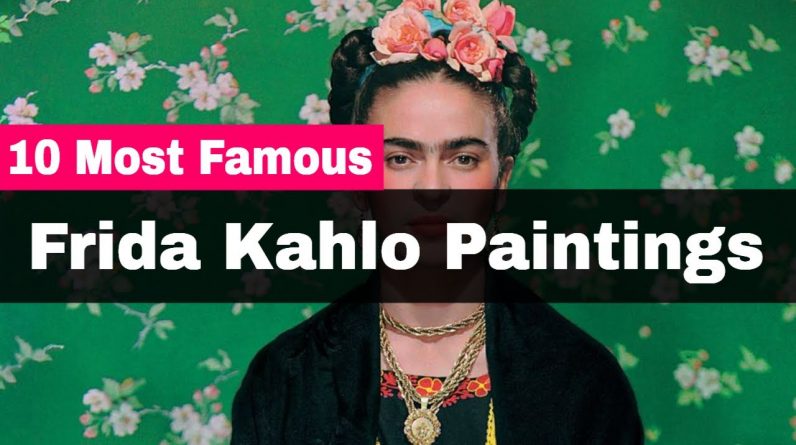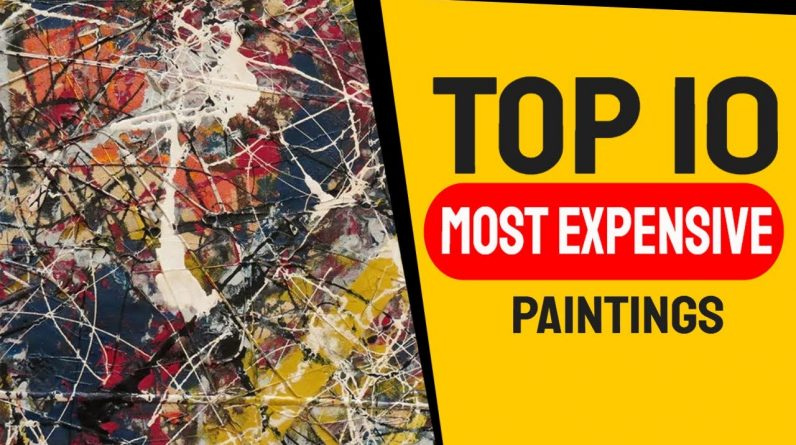Curious to know how Van Gogh met his end? Wonder no more. In this exploration, we’ll delve into the circumstances surrounding the artist’s untimely demise.
Van Gogh’s life was marked by a series of mental health struggles, leading to a fateful incident involving his ear.
As we delve deeper, we’ll examine the prevailing theories surrounding his death, from suicide to accidental shooting. Controversies have swirled around this topic, with some questioning the official narrative.
But fear not, for we will endeavor to uncover the truth about Van Gogh’s last moments. So, take a step into the enigmatic world of this artistic genius and join us on this journey to uncover the mystery behind his ultimate fate.
Van Gogh’s Mental Health Struggles
You often hear about Van Gogh’s mental health struggles. His battle with mental illness is well-documented and has become a significant part of his artistic legacy.
Van Gogh’s struggles can be traced back to his early years, marked by episodes of depression, anxiety, and self-doubt. His letters to his brother Theo reveal a deeply introspective and tormented mind, constantly grappling with feelings of inadequacy and despair.
It’s believed that Van Gogh suffered from various mental disorders, including bipolar disorder and borderline personality disorder. These conditions undoubtedly influenced his artwork, which often reflected his inner turmoil and emotional intensity.
Despite the challenges he faced, Van Gogh’s mental health struggles ultimately contributed to the unique and powerful nature of his artistic vision.
The Ear Incident and Its Impact
The incident involving Van Gogh’s ear, which occurred with a surprising frequency, had a significant impact on his life and art.
In December 1888, Van Gogh had a heated argument with his friend and fellow artist Paul Gauguin. Fueled by his deteriorating mental state, Van Gogh reached a breaking point and, in a fit of anguish, cut off a portion of his own ear.
This event marked a turning point in his life, as it led to his voluntary admission to a psychiatric hospital in Saint-Rémy-de-Provence. During his time in the hospital, Van Gogh continued to produce art, albeit with a different perspective. His self-portraits became more introspective, depicting the inner turmoil he was experiencing.
The incident not only impacted Van Gogh’s physical well-being but also had a profound effect on his artistic expression, revealing a deeper emotional intensity in his work.
Theories of Van Gogh’s Suicide
One theory surrounding Van Gogh’s death is that it was a result of a self-inflicted gunshot wound. This theory suggests that on July 27, 1890, Van Gogh shot himself in the chest while in the wheat fields outside of Auvers-sur-Oise, France. The bullet, it’s believed, didn’t immediately kill him but instead lodged in his abdomen. Van Gogh managed to make his way back to the inn where he was staying and was found by the innkeeper, who alerted the authorities. He was then taken to a nearby hospital, where he died two days later.
Supporters of this theory point to Van Gogh’s troubled mental state, including his history of mental illness and previous suicide attempts, as evidence for his decision to take his own life. Additionally, the artist’s final letters to his brother, Theo, are often cited as further proof of his intention to end his life.
However, there are also critics of this theory who argue that the evidence is inconclusive and that there may be other explanations for Van Gogh’s death.
Controversies Surrounding Van Gogh’s Death
There are several controversies surrounding the death of Van Gogh. One of the main controversies is the question of whether he actually died by suicide or if his death was accidental or even the result of foul play.
While the generally accepted belief is that Van Gogh took his own life, there are those who argue that there’s insufficient evidence to support this conclusion. Some point to the lack of a suicide note or a clear motive, while others question the nature of his gunshot wound.
Additionally, there are those who suggest that Van Gogh’s mental state at the time may have rendered him incapable of intentionally ending his own life. These controversies continue to spark debate among art historians, psychologists, and enthusiasts alike, further adding to the mystique surrounding Van Gogh’s tragic death.
Uncovering the Truth: Van Gogh’s Last Moments
How exactly did Van Gogh spend his final moments? The last hours of Van Gogh’s life have been the subject of much speculation and debate. However, through careful analysis of historical records and eyewitness accounts, a clearer picture of his last moments has emerged.
On July 27, 1890, Van Gogh left the inn where he was staying in Auvers-sur-Oise and headed towards a nearby wheat field. There, he took out his easel and began to paint. Suddenly, he heard a gunshot and realized he’d been shot in the abdomen. Van Gogh managed to return to the inn, where he was attended to by a doctor.
Despite the best efforts to save him, Van Gogh succumbed to his injuries two days later. The exact circumstances surrounding his shooting remain a mystery, but evidence suggests that Van Gogh inflicted the wound himself.
Frequently Asked Questions
What Was Van Gogh’s Childhood Like and How Did It Contribute to His Mental Health Struggles?
Van Gogh’s childhood was marked by family instability and emotional turmoil, which likely contributed to his later mental health struggles. His early experiences shaped his sensitive nature and influenced his artistic expression.
Did Van Gogh Ever Receive Professional Help or Treatment for His Mental Health Issues?
Did Van Gogh ever receive professional help or treatment for his mental health issues? Yes, he sought treatment from various doctors, psychiatrists, and institutions. However, the effectiveness of these interventions in alleviating his suffering remains a subject of debate.
How Did the Ear Incident Affect Van Gogh’s Relationships and Artistic Career?
The ear incident had a significant impact on Van Gogh’s relationships and artistic career. It strained his relationship with his brother, affected his ability to socialize, and led to periods of hospitalization and instability in his work.
What Are Some Alternative Theories Regarding Van Gogh’s Suicide?
Some alternative theories regarding Van Gogh’s suicide propose that he may have been murdered or accidentally shot by someone else. These theories challenge the commonly accepted narrative surrounding his death and raise questions about his mental state and the circumstances surrounding his final moments.
Were There Any Significant Controversies Surrounding the Circumstances of Van Gogh’s Death?
There were significant controversies surrounding the circumstances of Van Gogh’s death. Theories of murder, accidental shooting, and even Van Gogh’s own statement that he shot himself to protect others have sparked debate among scholars and experts.
Conclusion
In conclusion, van Gogh’s death remains a subject of controversy and speculation. While the prevailing belief is that he died by suicide, the exact circumstances and motivations behind his decision are still debated.
His struggles with mental health, the infamous ear incident, and his turbulent relationships all contribute to the complexity of his final moments.
As we continue to explore his life and art, we’re left with a profound sense of the tragic beauty that defined van Gogh’s existence.






